Let’s dive into a topic that hits close to home for many – the world of mental health literature. I’ve got top 10 books on mental health books lined up that are more than just reads; they’re companions on your journey to understanding of yourself, healing, and finding strength within.

Top 10 Books On Mental Health (Indulge In Literary Therapy)
From shedding light on the complexities of the mind to offering practical tools for navigating life’s challenges, these top 10 books on mental health are your go-to guides for mental wellness.
So, grab a cup of tea, find your favorite reading nook, and let’s explore what pages hold the power to uplift, empower, and transform mental health and your overall existence. Let’s dive in!
This post has affiliate links which means that we make a commission from qualifying purchases at no additional cost to you. For more information read our Affiliate disclosure.
Note: Although I am a Clinical Social Worker, engaging with this website does not establish a professional social worker-client relationship. The information provided here is for general purposes only and should not be considered professional advice. While we strive to ensure accuracy and reliability, this content is not a substitute for professional guidance. For specific concerns, issues, or situations, it is essential to consult a qualified professional and present your situation. Read the full Disclaimer here.
TOP 10 BOOKS ON MENTAL HEALTH

#1 The Body Keeps the Score: Brain, Mind, and Body in the Healing of Trauma by Bessel van der Kolk
“The Body Keeps the Score” by Bessel van der Kolk delves into the profound impact of trauma on the brain, mind, and body. Dr. van der Kolk, a renowned psychiatrist, with over 30 years of working with trauma, explores the ways in which trauma can shape our experiences and affect our physical and mental health and well-being.
The book delves into various therapeutic approaches and techniques that aim to heal trauma, highlighting the interconnectedness of our emotional and physical selves.
It’s a comprehensive exploration of the long-lasting effects of trauma and the potential for recovery through understanding, compassion, and holistic approaches to healing.
#2 Set Boundaries, Find Peace: A Guide to Reclaiming Yourself Hardcover by Nedra Glover
“Set Boundaries, Find Peace: A Guide to Reclaiming Yourself” by Nedra Glover Tawwab is a self-help book that focuses on the importance of setting healthy boundaries for personal well-being.
Tawwab, a licensed therapist, provides guidance on recognizing, establishing, and maintaining boundaries in various aspects of life, including relationships, work, and self-care.
The book offers practical advice, real-life examples, and actionable steps to help navigate and assert boundaries effectively. It aims to empower people to prioritize their needs, foster healthier connections, and create a sense of peace and balance in their lives.
Based on cutting-edge research and effective strategies from cognitive-behavioral therapy (CBT), these methods assist in articulating our needs confidently and without hesitation. They unravel the underlying issues contributing to codependency, power struggles, anxiety, depression, burnout, and various challenges.
#3 The Healing Power of Emotion: Affective Neuroscience, Development & Clinical Practice (Norton Series on Interpersonal Neurobiology) by Diana Fosha, Daniel J. Siegel, and Marion Solomon
“The Healing Power of Emotion” delves into affective neuroscience, exploring how emotions impact our mental health and well-being.
This book, part of the Norton Series on Interpersonal Neurobiology, discusses the role of emotions in development and provides insights into clinical practices for emotional healing.
It combines scientific understanding with practical applications, offering a comprehensive look at the interplay between emotions, brain function, and therapeutic approaches. The author, Daniel J. Siegel, a prominent figure in interpersonal neurobiology, emphasizes the significance of emotional intelligence in promoting mental health and fostering positive relationships.
#4 The Highly Sensitive Person: How to Thrive When the World Overwhelms You by Elaine N. Aron
“The Highly Sensitive Person” by Elaine N. Aron explores the trait of high sensitivity, emphasizing that some individuals process sensory information more deeply and can be more easily overwhelmed by stimuli.
The book provides insights into understanding and embracing this trait, offering guidance on how highly sensitive people can thrive in a world that may seem overly stimulating. In terms of mental health, the book can be beneficial for highly sensitive individuals by:
- Validation: It validates the experiences of highly sensitive people, helping them recognize that their sensitivity is a valid and natural aspect of their personality.
- Self-Acceptance: It encourages self-acceptance and understanding, promoting a positive perspective on the trait rather than viewing it as a flaw.
- Practical Tips: The book provides practical strategies for managing sensitivity, coping with stress, and navigating relationships, which can contribute to better mental well-being.
#5 The Deepest Well: Healing the Long-Term Effects of Childhood Adversity by Nadine Burke Harris
The Deepest Well by Nadine Burke Harris delves into the long-term impact of childhood adversity, particularly the effects of toxic stress on physical and mental health.
Dr. Burke Harris, a pediatrician, explores the science behind adverse childhood experiences (ACEs) and their connection to various health issues later in life.
The book also discusses preventive measures and interventions to mitigate the impact of early trauma, emphasizing the significance of a holistic approach to healthcare that addresses both physical and emotional well-being.
#6 The Noonday Demon: An Atlas of Depression by Andrew Solomon
The Noonday Demon: An Atlas of Depression by Andrew Solomon, the author provides a memoir detailing his journey through depression while offering a nuanced exploration of the condition. The book encompasses a thorough examination of depression, blending personal narratives with scientific insights into its causes, treatments, and societal impact.
Solomon extensively explores the historical aspects, root causes, symptoms, and diverse treatment approaches for depression. This includes a discussion on medications, psychotherapy, and alternative therapies.
Furthermore, the book addresses the cultural and societal influences contributing to the stigma surrounding depression and mental health issues.
Beyond recounting his own encounters with depression, Solomon conducts interviews with individuals worldwide, ranging from various backgrounds, including mental health professionals who grapple with the condition. This multifaceted approach provides a comprehensive and insightful perspective on the complexit of this condition.
#7 Mind Over Mood: Change How You Feel by Changing the Way You Think by Dennis Greenberger and Christine Padesky
“Mind Over Mood: Change How You Feel by Changing the Way You Think” by Dennis Greenberger and Christine Padesky is a widely used cognitive therapy book that guides readers in changing their emotional experiences by altering thought patterns. The book employs cognitive-behavioral therapy (CBT) techniques to help individuals recognize and modify negative thought patterns that contribute to emotional distress.
Structured as a self-help resource, “Mind Over Mood” provides practical exercises and tools for identifying and challenging distorted thinking.
It covers a range of mood-related issues, including anxiety, depression, and stress. The goal is to empower individuals to take an active role in managing their emotions and improving their mental well-being through the thoughtful examination and restructuring of their thought processes.
If you found the information on the blog helpful & inspirational and you feel like giving back, you can do it by clicking the donate button after entering amount you’re comfortable with. I’ll use it to create and deliver more useful content and resources like this. Thanks for your precious contribution!
#8 Letting Go: The Pathway of Surrender by David R. Hawkins
“Letting Go: The Pathway of Surrender” by David R. Hawkins introduced the concept of surrender as a transformative path to emotional and spiritual freedom. The book delves into the process of letting go of emotional attachments, allowing individuals to experience greater peace and well-being.
While not a traditional mental health book, “Letting Go” can have positive implications for mental and emotional well-being.
The practice of surrender, as described in the book can contribute to a more balanced and resilient mindset. The book offers insights into the connection between emotions and consciousness, providing readers with tools to navigate their inner world with greater ease.
It is equally useful for all dimensions of life: physical health, creativity, financial success, emotional healing, vocational fulfillment, relationships, sexuality and spiritual growth.
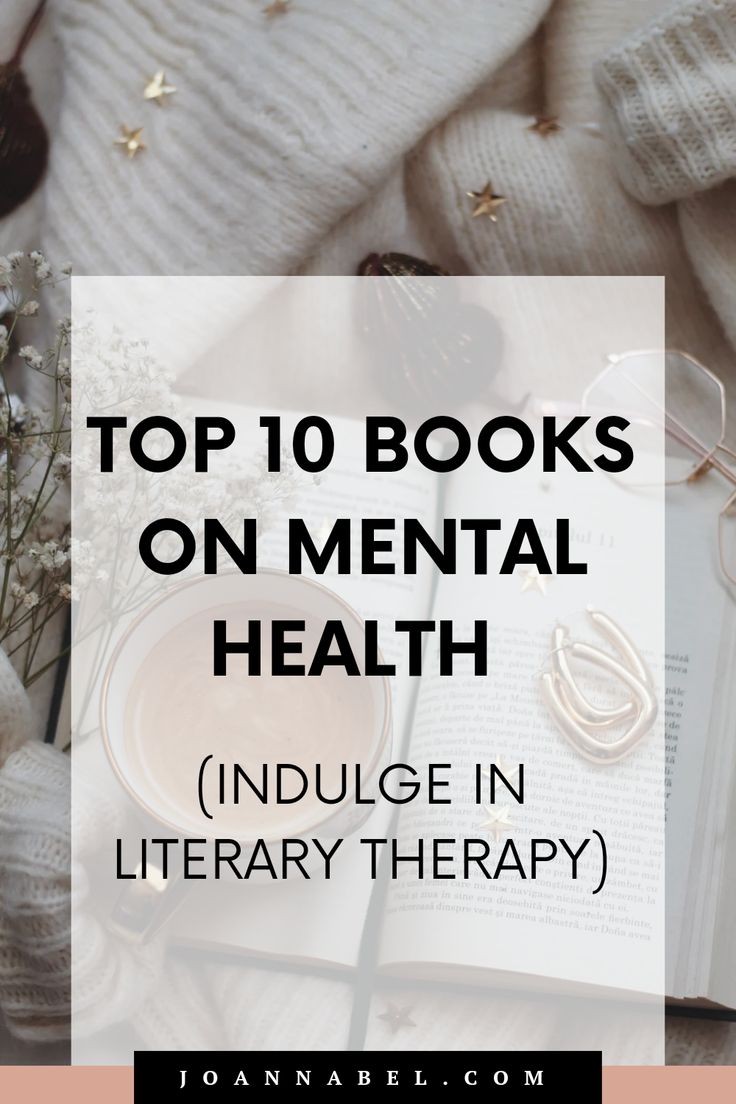
#9 Thinking, Fast and Slow by Daniel Kahneman
“Thinking, Fast and Slow” by Daniel Kahneman introduces the two systems that drive the way we think: System 1, which is fast, intuitive, and emotional, and System 2, which is slow, deliberate, and logical. Kahneman, a Nobel Prize-winning psychologist, delves into the cognitive biases and errors that influence decision-making.
The book indirectly contributes to mental health awareness. By understanding the intricacies of human thought processes, you may gain insights into their own decision-making patterns, emotional responses, and potential cognitive biases.
This self-awareness can be valuable for individuals seeking to improve their mental well-being by making more informed and rational choices.
#10 The Happiness Trap: How to Stop Struggling and Start Living by Russ Harris
“The Happiness Trap” by Russ Harris is a book that draws on Acceptance and Commitment Therapy (ACT) to guide readers in redefining their relationship with happiness. Russ Harris explores the common misconceptions about happiness and the societal pressure to constantly pursue it.
The book provides practical strategies to overcome the “happiness trap” by focusing on values and mindfulness rather than trying to eliminate negative emotions.
It promotes accepting thoughts and feelings, making meaningful choices aligned with your values, and ultimately leading a more fulfilling life. The central idea is to stop struggling with the pursuit of constant happiness and instead find contentment through mindful living and committed action.
Considering that encourages accepting wide range of emotions, leading to a healthier relationship with your feelings rather than resisting or suppressing them, this is a great resource for mental health.
Latest Posts:
- Simple Safety Measures To Protect Your Family

- The Biggest Benefits Of Adopting A Dog For Your Family (5)

- How To Turn Crafting Into Family Fun Time (6 Ideas)

- Creative Ways To Play With Kids Without Technology

- How To Make Gift-Giving More Special For Kids (4 Ideas)

- How To Do A Prenup Online (What To Expect)

FINAL THOUGHTS ON TOP 10 BOOKS ON MENTAL HEALTH
I hope you found what you’ve been loking for among these top 10 books on mental health. Whether you’re a seasoned mental health bookworm or just starting your exploration, remember this: those books on your shelf are more than just ink on paper.
See them as friends who’ve whispered wisdom, shared stories, and nudged you toward a better understanding of your beautiful, complex mind.
So keep those pages close and let them be your go-to pals whenever you need a bit of insight, a dose of comfort, or a dash of inspiration.
Thanks for sticking till the end and I’ll see you in my next post:

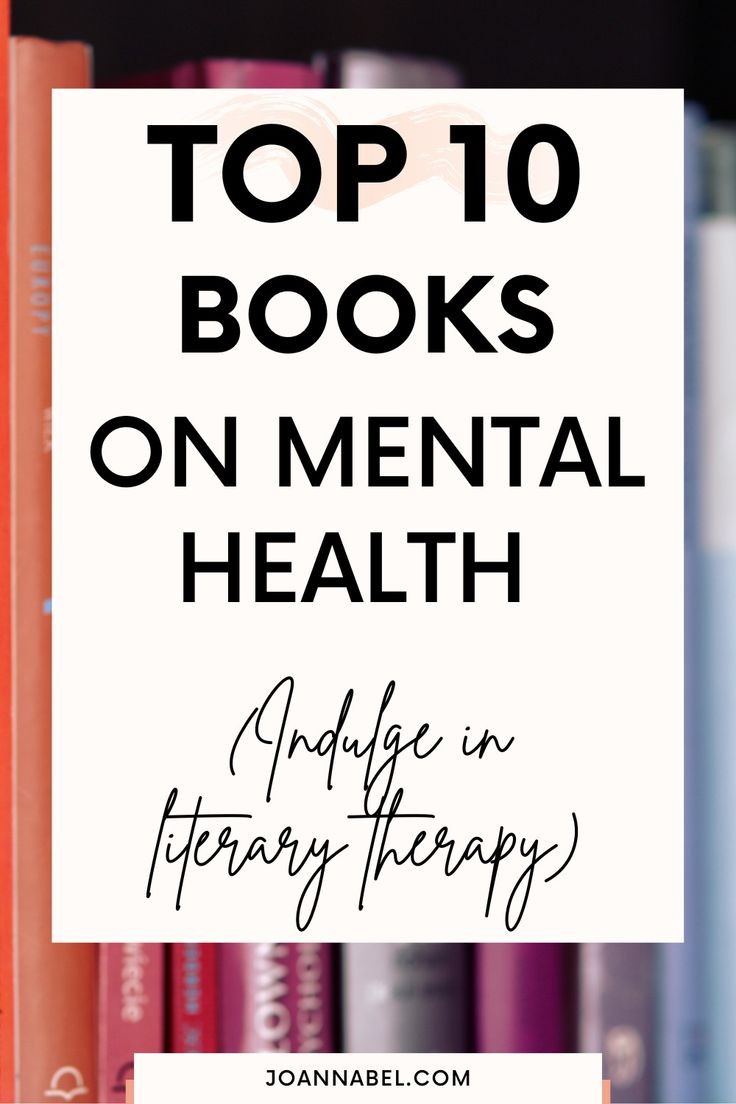
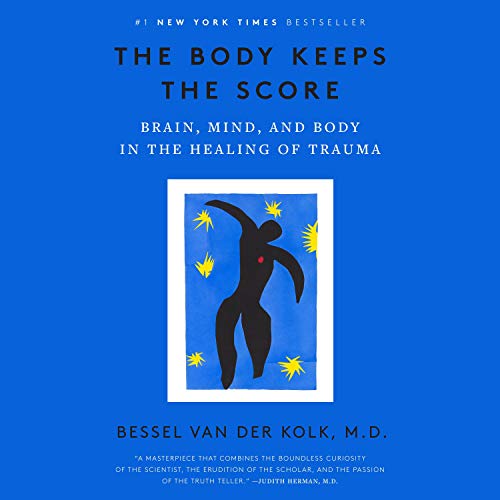
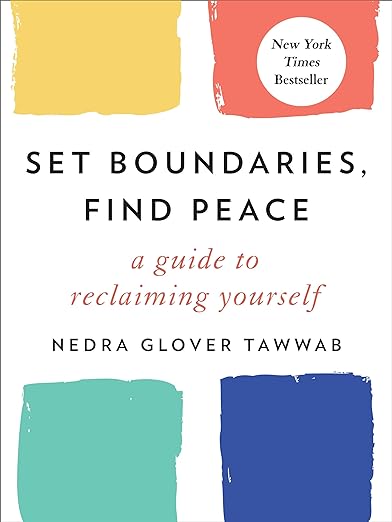
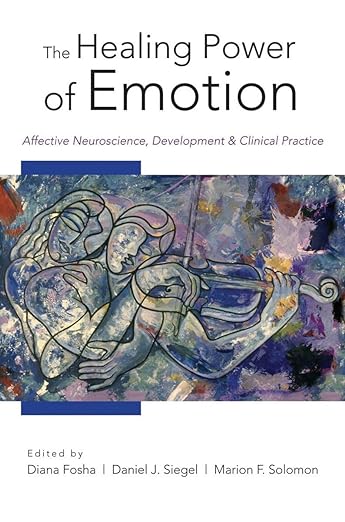
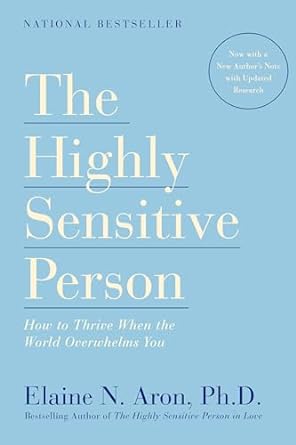

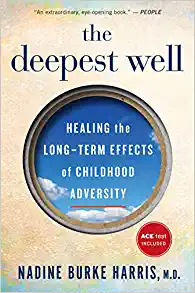
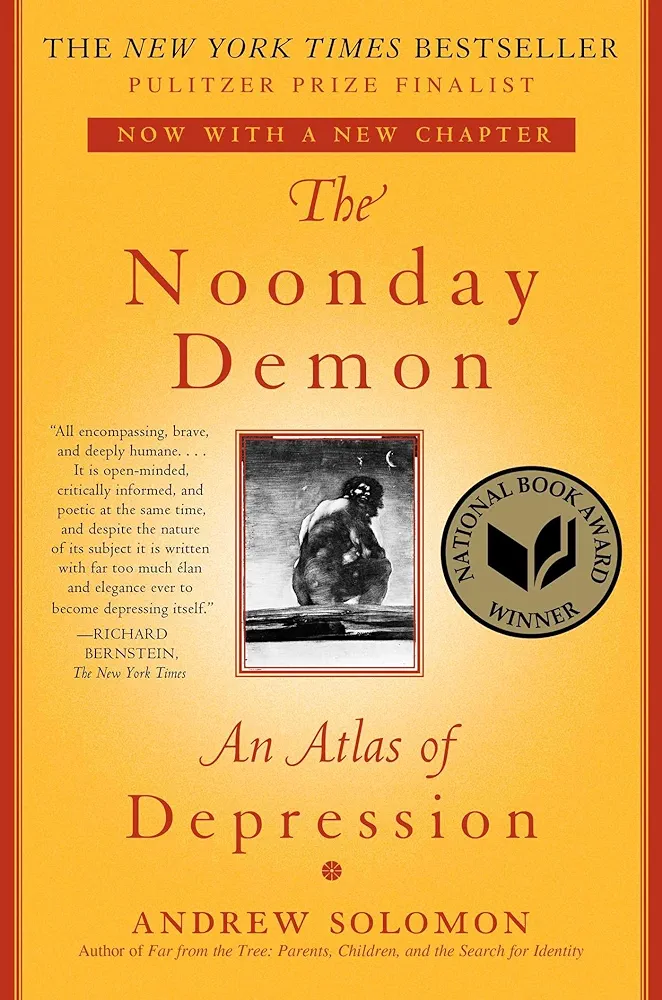
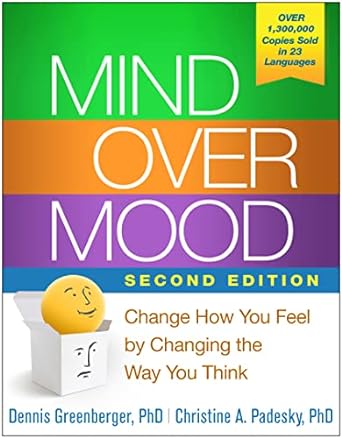

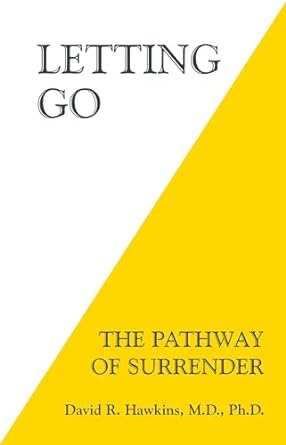
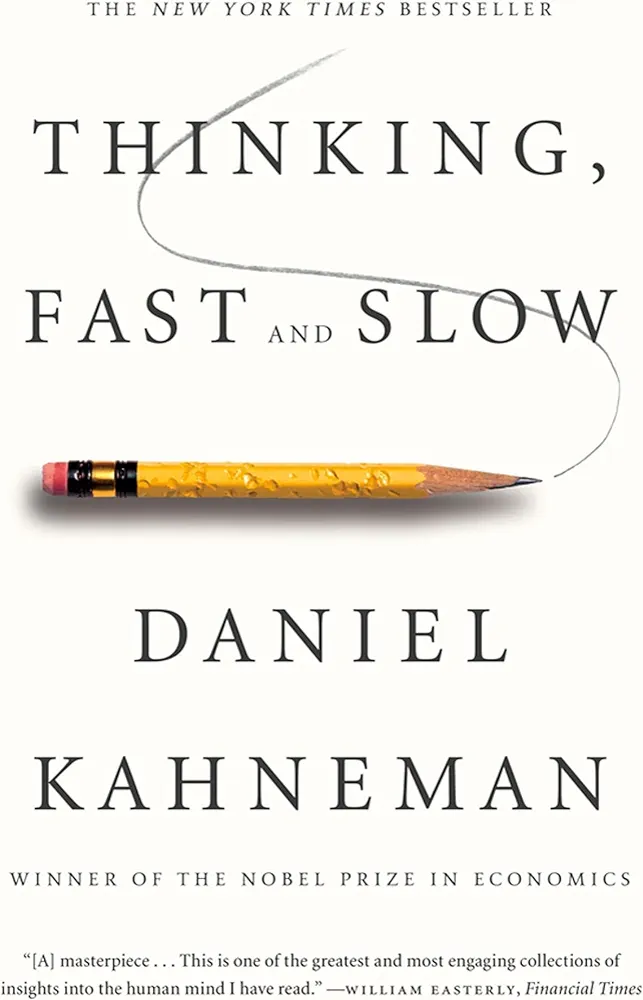
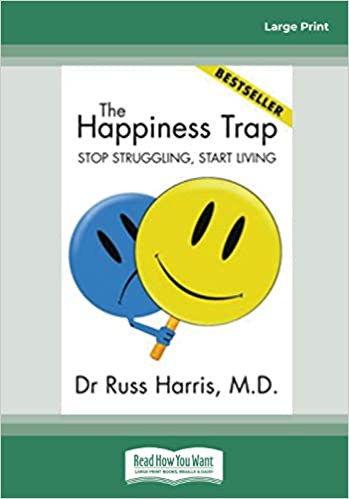






Leave a Reply